Ethical Implementation of Wearables in Pandemic Response: A Call for a Paradigm Shift

Our eighteenth white paper is “Ethical Implementation of Wearables in Pandemic Response: A Call for a Paradigm Shift,” by Marielle S. Gross, Robert C. Miller, and Assya Pascalev. Abstract Wearable technologies, a class of information technology devices uniquely designed to be worn on an individual’s body, are being implemented in the strategic response to COVID-19. […]
Educational Ethics During a Pandemic

Our seventeenth COVID white paper is, “Educational Ethics During a Pandemic,” by Meira Levinson. Abstract Over 55 million children and their families have been affected by physical school closures in the United States since early March. Schools in all but two states will remain closed at least through the end of the school year. This […]
Mitigate/Suppress/ Maintain: Local Targets for Victory Over COVID

The sixteenth white paper in our ongoing COVID series is, “Mitigate/Suppress/Maintain: Local Targets for Victory Over COVID,” by Divya Siddarth, Marie-Laurie Charpignon, Dean Foster, Kazumi Hoshino, Sham Kakade, John C. Langford, Nicolás Della Penna, Rajiv Sethi, Sema K. Sgaier, Peter Smittenaar, Nicholas Stewart, and E. Glen Weyl. Abstract There is growing consensus around a strategy […]
Pandemic Resilience: Getting It Done

Our bipartisan group of experts in economics, public health, technology, and ethics from across the country, with support from The Rockefeller Foundation, has released Pandemic Resilience: Getting it Done, a supplement to the Roadmap to Pandemic Resilience.
Preparedness and Unpreparedness: The Military vs. Medicine

Our fifteenth COVID-19 white paper is, “Preparedness and Unpreparedness: The Military vs. Medicine,” by Meredith Rosenthal and David Jones. Abstract As the COVID-19 pandemic intensified in the spring of 2020, many Americans were shocked to see how quickly hospitals were overwhelmed in affected cities. Our medical and public health infrastructure was clearly not prepared, leading […]
Designing an Interstate Compact for a Pandemic Testing Board

This paper offers a blueprint for how to design a pandemic testing board via an interstate compact.
Interstate Compacts: A Primer

This paper provides an introduction to interstate compacts to inform the design of a Pandemic Testing Board. It outlines the constitutional framework for interstate compacts, highlights examples of relevant compacts, and describes the process of creating such a compact today. It also explores potential legal issues that might emerge and concludes that none of them are insurmountable.
Federalism Is an Asset

The U.S. is designed to be centralized and decentralized at the same time, which is exactly the structure we need right now to fight COVID-19. The ideological battles between conservatives and liberals always assume “either/or”—it is either the federal government or the states/localities that we need to steer policy, when actually it is both/and.
Towards Global Pandemic Resilience

This paper considers varied experiences with tackling the pandemic, with particular focus on three regions — India, Africa, and Latin America — that are collectively home to forty percent of the world’s population. These regions face several challenges to adopting the testing, tracing, and supported isolation (TTSI) roadmap that we have proposed for the United States. We reflect on alternative policy trajectories that can help us transition back to work and social activity while safeguarding human lives worldwide.
The Mechanics of the COVID-19 Testing Supply Chain: Version 2.0

To deliver a safe social opening by June 30, we need to deliver 5 million tests per day with results returned in 12-24 hours. The number of test results delivered will need to increase to 20 million per day by July 30 to fully remobilize the economy.

